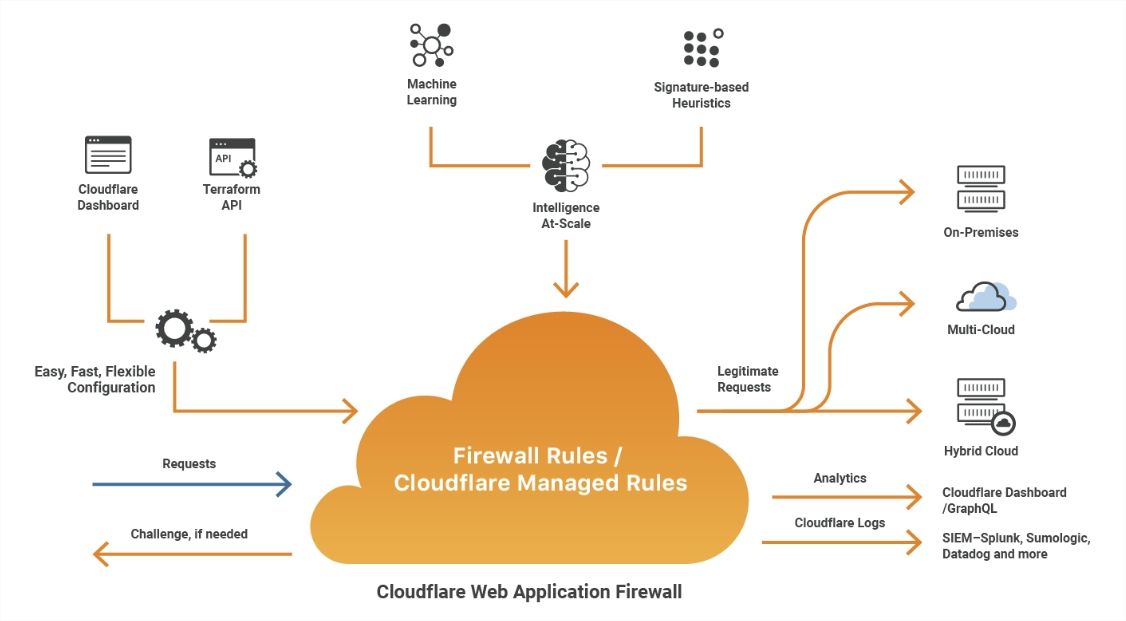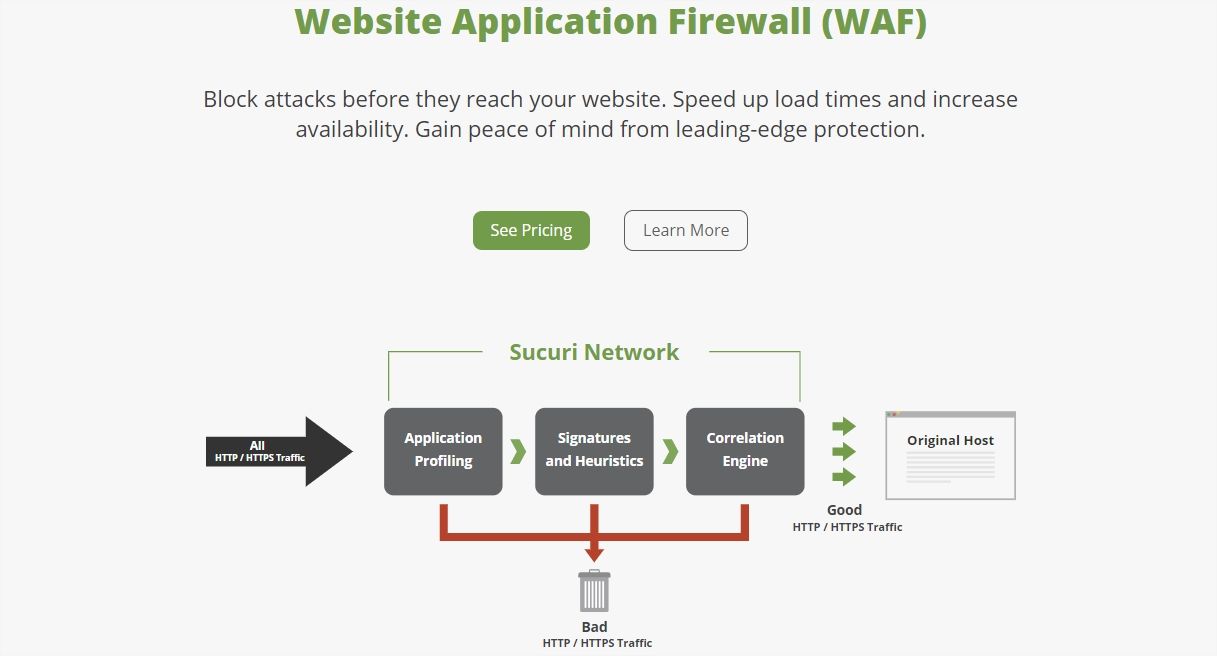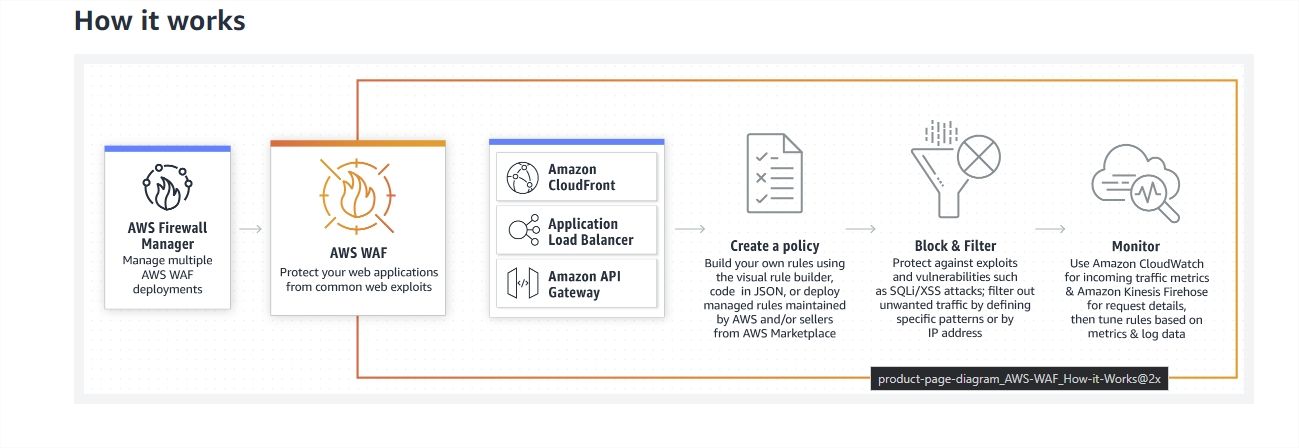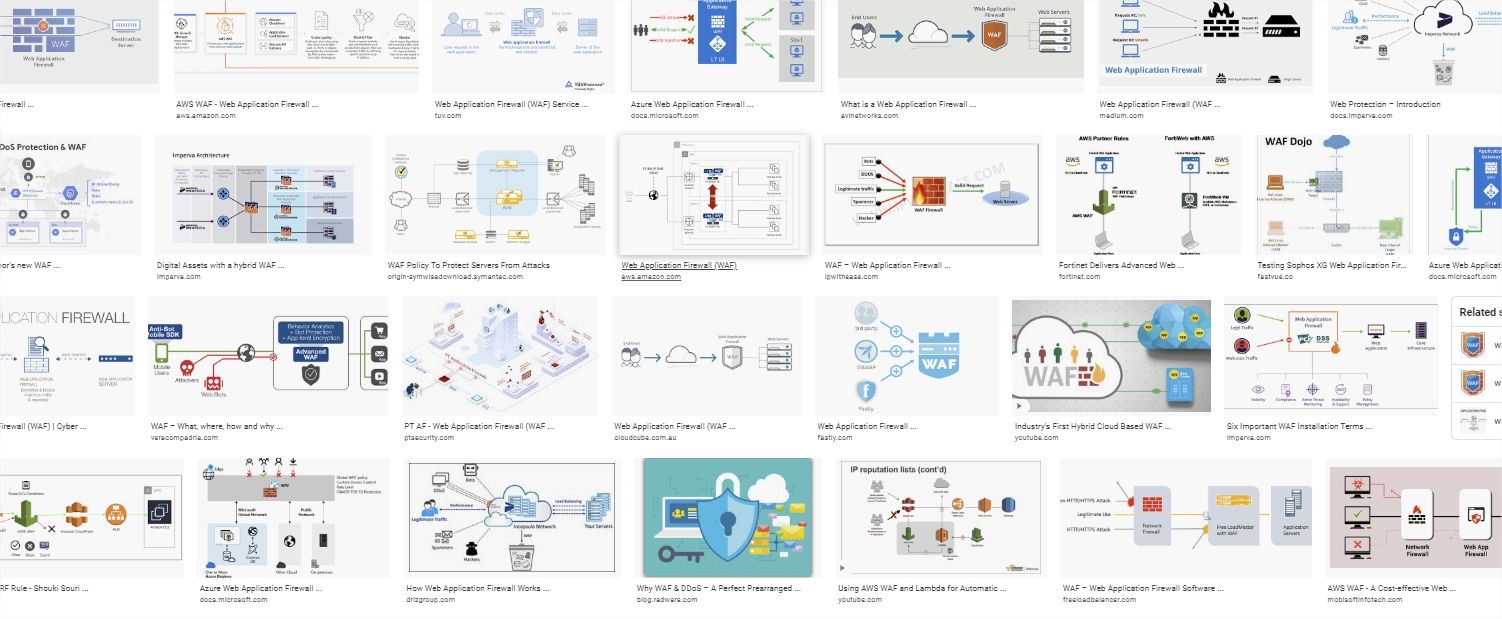Enterprises need to keep pace with latest security technological advancements to protect their online web data from malicious attacks and threats. Online businesses need to monitor their websites constantly and mobile infrastructure to create a strong defense against malware, DDoS, phishing, data exfiltration among other advanced attacks.
Attackers devise mechanisms such as designing and inserting codes or overwriting codes to interfere with your website, altering web values and queries, and automating data extraction from the web among other advanced attacks. If attackers succeed with their malicious plans, it can cost the business billions of dollars in operational costs or bring about irrevocable damage to the enterprise.
So, how then can a company ensure that it is aware of attacks and has protection against them? The solution is in the acquisition of web application firewalls.
According to wikipedia A web application firewall (or WAF) filters, monitors, and blocks HTTPtraffic to and from a web application. A WAF is differentiated from a regular firewall in that a WAF is able to filter the content of specific web applications while regular firewalls serve as a safety gate between servers. By inspecting HTTP traffic, it can prevent attacks stemming from web application security flaws, such as SQL injection, cross-site scripting (XSS), file inclusion, and security misconfigurations.
Cloudflare WAF

Built for the modern enterprise architecture
An intelligent, integrated and scalable solution to protect your business-critical web applications from malicious attacks, with no changes to your existing infrastructure.
Cloudflare Web Application Firewall's intuitive dashboard enables users to build powerful rules through easy clicks and also provides Terraform integration. Every request to the WAF is inspected against the rule engine and the threat intelligence curated from protecting over 20 Million websites. Suspicious requests can be blocked, challenged or logged as per the needs of the user while legitimate requests are routed to the destination, agnostic of whether it lives on-premise or in the cloud. Analytics and Cloudflare Logs enable visibility into actionable metrics for the user.
Between $0/yr and Ask for Quote $/yr depending on business needs.
Sucuri Website Firewall

When it comes to web firewall comparison lists, Sucuri Website Firewall is a serious contender. It offers protection from hackers trying to exploit OWASP Top 10 vulnerabilities, including SQLi, XSS, and CSRF.
It also includes mitigation of the Distribution Denial of Service (DDoS) attacks backed by continuous monitoring. Sucuri Website Firewall intercepts and inspects all incoming HTTP/HTTPS requests site.
Although it does not offer custom rules, it has a fast response policy for zero-day vulnerabilities. As and when the vulnerability is made public, Sucuri engineers patch your environment to block attacks trying to exploit that vulnerability.
Between $200/yr and $500/yr.
AWS WAF

AWS WAF is a web application firewall that helps protect your web applications or APIs against common web exploits that may affect availability, compromise security, or consume excessive resources. AWS WAF gives you control over how traffic reaches your applications by enabling you to create security rules that block common attack patterns, such as SQL injection or cross-site scripting, and rules that filter out specific traffic patterns you define. You can get started quickly using Managed Rules for AWS WAF, a pre-configured set of rules managed by AWS or AWS Marketplace Sellers. The Managed Rules for WAF address issues like the OWASP Top 10 security risks. These rules are regularly updated as new issues emerge. AWS WAF includes a full-featured API that you can use to automate the creation, deployment, and maintenance of security rules.
With AWS WAF, you pay only for what you use. The pricing is based on how many rules you deploy and how many web requests your application receives. There are no upfront commitments.

